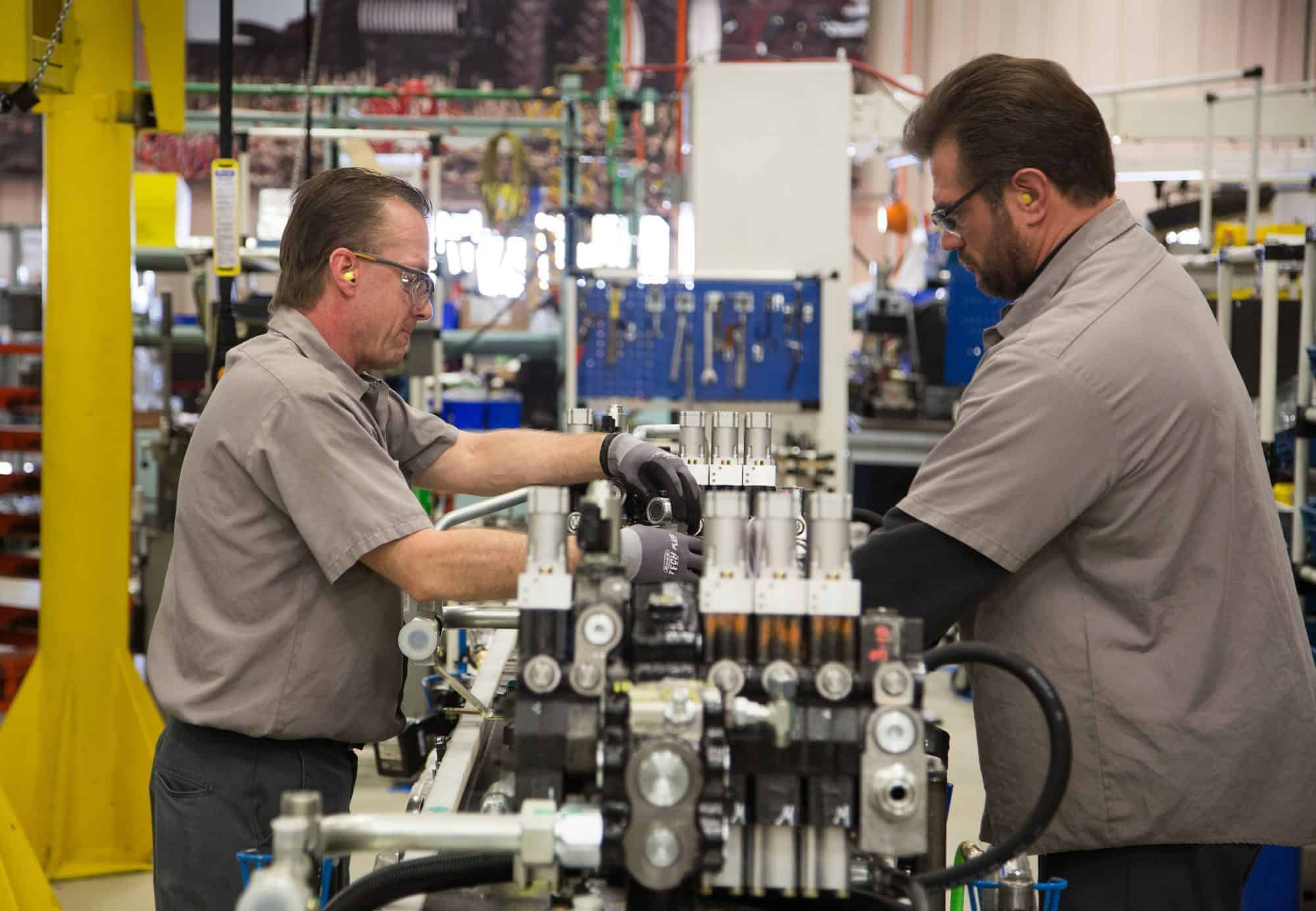EAGL Coalition Addresses Global Regulatory Issues

As the importance of international trade continues to rise, the National Association of Manufacturers has elevated its efforts to tackle global regulatory issues that impact manufacturers through its leadership in the Engaging America’s Global Leadership (EAGL) coalition.
EAGL represents a group of U.S. industries that believe in the importance of effective American leadership within multilateral organizations, such as the United Nations, Organization for Economic Cooperation and Development and the World Health Organization.
As the U.N. General Assembly opens, the NAM’s Director of International Business Policy Ryan Ong explains EAGL’s work and importance for manufacturers.
Why are the actions of these multilateral organizations important?
They play critical roles in promoting a more stable, predictable world and tackling important global issues such as international health, development and environmental sustainability. At their best, these organizations bring together government leaders, businesses, civil society, academic experts and other key stakeholders in transparent, inclusive conversations that drive effective policies and partnerships to solve global problems.
How do these international organizations relate to the needs of American manufacturers?
These organizations can directly impact policy decisions made by national governments. Resolutions and reports from these groups shape national debates and regulations, influencing U.S. exports, jobs, and manufacturing competitiveness. This makes it critical for these organizations and their activities to be accountable to member states and inclusive of the private sector and to reflect good regulatory practices and evidence-based approaches.
What areas is EAGL most interested in?
EAGL and its members focus on initiatives that impact manufacturers at international organizations. Examples include efforts to levy new tax and operational restrictions on manufacturers, impose bans or burdensome regulatory restrictions on manufactured products, and limit the ability of manufacturers to protect critical intellectual property.
EAGL is also a strong advocate for inclusive approaches at international organizations that embrace the private sector as an indispensable partner in policies and programs to achieve global goals.
How does EAGL aim to represent manufacturers’ views at international organizations?
The coalition works with a growing network of public and private stakeholders to promote effective member state leadership through stronger coordination within and between a growing set of international business and third-party allies and direct engagement with U.S. and foreign governments in national capitals, Geneva, New York and elsewhere.
The U.N. General Assembly starts tomorrow. What should manufacturers pay attention to during this meeting?
This year’s U.N. General Assembly includes a range of events that could have an important impact on manufacturers in different sectors by shaping national regulations around the world, thus impacting their ability to export and operate in critical markets needed to compete, grow and hire.
These include a high-level universal health coverage meeting and a related political declaration that could drive manufacturing-relevant national policies on areas such as innovation, taxation and regulatory restrictions. Other events include a Climate Action Summit, high-level forums on sustainable development and development financing, as well as a wide range of side events hosted by business and civil society groups.
